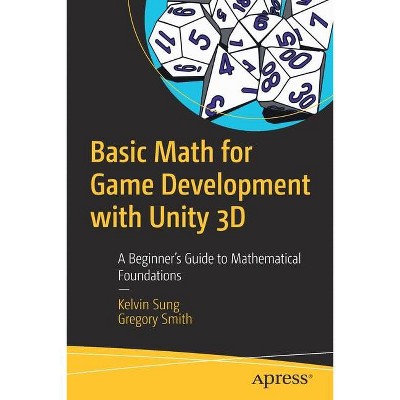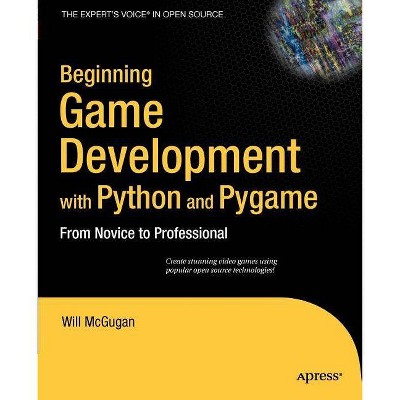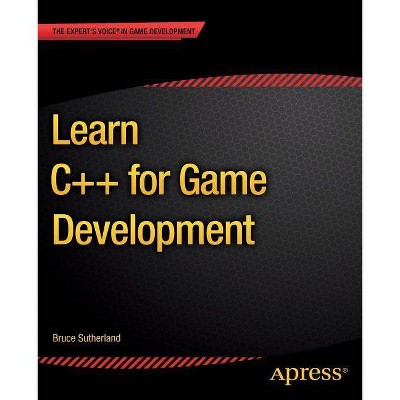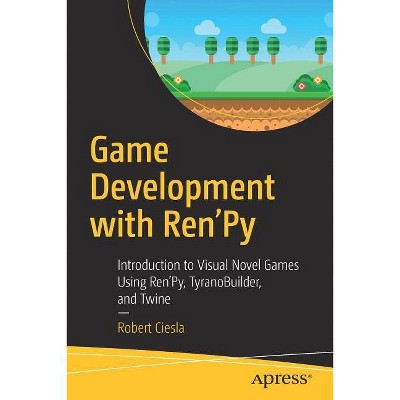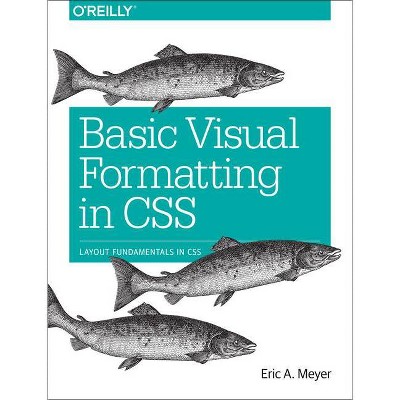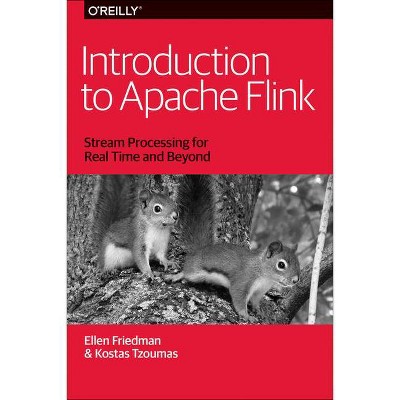Learn 2D Game Development with C# - (Expert's Voice in Game Development) by Kelvin Sung & Jack Keng-Wei Chang & Rob Zhu & Jebediah Pavleas

Similar Products
Products of same category from the store
AllProduct info
<p/><br></br><p><b> Book Synopsis </b></p></br></br><p>2D games are hugely popular across a wide range of platforms and the ideal place to start if you're new to game development. With <em>Learn 2D Game Development with C#</em>, you'll learn your way around the universal building blocks of game development, and how to put them together to create a real working game.<p>C# is increasingly becoming the language of choice for new game developers. Productive and easier to learn than C++, C# lets you get your games working quickly and safely without worrying about tricky low-level details like memory management. This book uses MonoGame, an open source framework that's powerful, free to use and easy to handle, to further reduce low-level details, meaning you can concentrate on the most interesting and universal aspects of a game development: frame, camera, objects and particles, sprites, and the logic and simple physics that determines how they interact.<p></p><p>In each chapter, you'll explore one of these key elements of game development in the context of a working game, learn how to implement the example for yourself, and integrate it into your own game library. At the end of the book, you'll put everything you've learned together to build your first full working game! And what's more, MonoGame is designed for maximum cross-platform support, so once you've mastered the fundamentals in this book, you'll be ready to explore and publish games on a wide range of platforms including Windows 8, MAC OSX, Windows Phone, iOS, Android, and Playstation Mobile. Whether you're starting a new hobby or considering a career in game development, <em>Learn 2D Game Development with C#</em> is the ideal place to start.<p></p><p/><br></br><p><b> About the Author </b></p></br></br>Kelvin Sung is a Professor with the Computing and Software Systems at University of Washington Bothell (UWB). He received his Ph.D. in Computer Science from the University of Illinois at Urbana-Champaign in 1992. His background is in computer graphics, hardware, and machine architecture. He came to UWB from Alias-Wavefront (now part of Autodesk) in Toronto, where he played a key role in designing and implementing the Maya Renderer, an Academy Award-winning image generation system. Before joining Alias-Wavefront, Kelvin was an Assistant Professor with the School of Computing, National University of Singapore. Kelvin's research interests are in studying the role of technology in supporting human communication. Funded by Microsoft Research and the National Science Foundation, Kelvin's recent work focused on the intersection of video game mechanics, real-world problems, and mobile technologies. Kelvin teaches both undergraduate and graduate classes in Computer Graphics, Game Development, and Mobile Computing.
Price History
Price Archive shows prices from various stores, lets you see history and find the cheapest. There is no actual sale on the website. For all support, inquiry and suggestion messages communication@pricearchive.us

